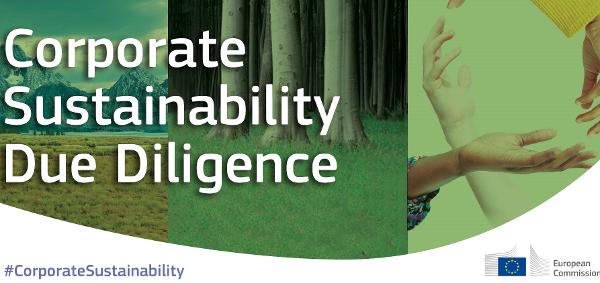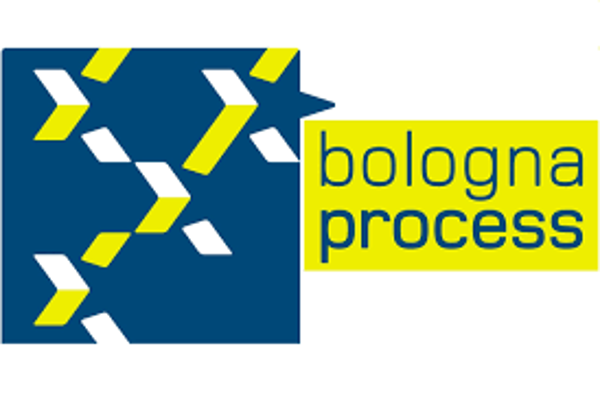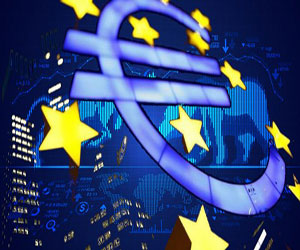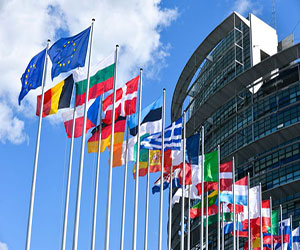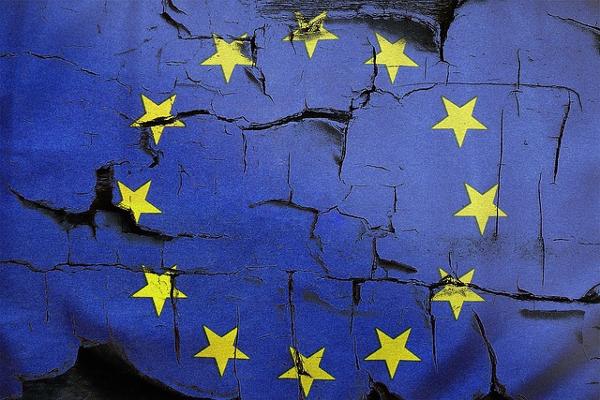The publication of the legislative proposal was first scheduled for the summer 2021, but it was pushed back repeatedly. In the meantime, 47 civil society and trade union organizations urged the Commission to keep its promises and uphold corporate human rights obligations (December 2021). At the beginning of February 2022, more than 100 companies signed a statement expressing their deep concern about the delays and asking for a strong and ambitious EU legislation.
The momentum for an effective human rights and environmental due diligence has been growing in the last decades, promoted both by the OECD and the ILO, and culminated in 2011 with the adoption of the UN Guiding Principles on Business and Human Rights.
At national level, many countries have adopted HREDD related legislation, like the UK and France, or more recently the Netherlands, Germany or Norway. The EU has also approved various sectoral initiatives, such as the 2010 Timber Regulation and the 2017 Conflict Minerals Regulation, and sustainable corporate governance has been indirectly fostered by the Non-Financial Reporting Directive (currently under revision).
The turning point for the establishment of an EU-wide single set of harmonized standards for responsible business conduct arrived with the publication of a major study on supply chain due diligence which shed light on the insufficient outcomes produced by the prevailing soft-law approach. On this occasion, in April 2020, the Commission announced its intention to proceed with an EU legislative initiative. But in March 2021 it was the EP which adopted with an overwhelming majority a Resolution recommending a European Directive on Corporate Due Diligence and Corporate Accountability. The initiative asserts the willingness of the EP to play a substantial influence over the legislation: it not only invited the Commission to submit a draft legislation, but it de facto initiated the legislative procedure by drawing up the text of the directive. Though the Treaties reserve the formal right of initiative to the Commission, the Maastricht Treaty incorporated the EP’s right to request the Commission to present a proposal (now art. 225 TFEU). Furthermore, the EP managed to strengthen its indirect right of initiative in the 2010 Interinstitutional Agreement, according to which the Commission shall come forward with a legislative proposal at the latest after 1 year following the adoption of the corresponding Resolution (recital 16).
The importance of mandatory HREDD legislation can be easily illustrated by an example in the garment industry. Most corporations proudly present themselves as responsible companies towards their consumers and do not miss opportunity to communicate pro-sustainability messages, but many of these companies treated their suppliers in a straightforward opposite way when they were hit by Covid-19. Various reportsindicated that several retailers and global brands disregarded their obligations to respect human rights and their contractual duties. New orders placed on the market during 2020 forced many suppliers to accept orders below costs with serious impacts on workers’ rights. Multiple brands have treated their suppliers’ desperation as a source of bargaining leverage. In such a situation, the establishment of a level-playing field with mandatory standards becomes indispensable to make sure that European companies follow sustainable corporate governance practices.
Turning to the contents, the draft Directive lays down rules on obligations for companies regarding actual and potential human rights as well as environmental adverse impacts, with respect to their own operations, the operations of their subsidiaries and the value chain operations carried out by entities with whom the company has established business relationships. Furthermore, it provides rules on liability for violations of these obligations. For the purpose of the draft Directive, ‘established business relationship’ means such direct and indirect business relationships which is, or which is expected to be lasting, in view of its intensity and duration and which does not represent a negligible or ancillary part of the value chain (Article 3, let. f). This nature should be reassessed periodically, and at least every 12 months.
The Directive does not intend to reduce the level of protection of human rights, the environment or the climate provided for by Member States’ legislation or by other EU legislative acts. Thus, in case its norms conflict with a provision of another EU legislative act pursuing the same objectives and providing for more extensive or more specific obligations, the latter shall prevail and apply (Article 1).
The scope of the proposal involves large companies governed by the law of a MS or active in the internal market, with more than 500 employees and a worldwide turnover of more than EUR 150 million. Relating to companies which do not fulfil those criteria, but which have more than 250 employees and more than EUR 40 million worldwide net turnover and which operate in one or more high-risk sectors, due diligence should apply 2 years after the end of the transposition period of the directive, in order to provide for a longer adaptation period. High-risk sectors of economic activity with a significant impact on human rights are listed in Article 2 of the draft Directive. They basically include: (i) the manufacture and wholesale trade of textiles, leather and related products; (ii) agriculture, forestry, fisheries, the manufacture of food products, and the wholesale trade of agricultural raw materials, live animals, wood, food, and beverages; (iii) the extraction of mineral resources regardless from where they are extracted, the manufacture of basic metal products, other non-metallic mineral products and fabricated metal products and the wholesale trade of mineral resources, basic and intermediate mineral products. Thus, on one hand, the Commission identifies high-risk sectors, as requested by the EP, but, on the other hand, contradicts its proposal to apply HREDD legislation to high-risk small and medium-sized undertakings as well.
The due diligence process set out in the draft Directive covers the six steps defined by the OECD Due Diligence Guidance for Responsible Business Conduct, which include due diligence measures for companies to identify and address adverse human rights and environmental impacts. This process encompasses the following steps: (1) integrating due diligence into policies and management systems, (2) identifying and assessing adverse human rights and environmental impacts, (3) preventing, ceasing, or minimising actual and potential adverse human rights, and environmental impacts, (4) assessing the effectiveness of measures, (5) communicating, (6) providing remediation (Articles 5-11).
Thus, the main obligation remains an ‘obligations of means’: companies are not required to guarantee, in all circumstances, that adverse impacts will never occur or that they will be stopped, but they have to take the appropriate measures which can reasonably be expected to result in prevention or minimisation of the adverse impact under the circumstances of the specific case.
In doing that, the directive is not a real turning point in the evolution of corporate social responsibility, since it includes existing voluntary business practices such as codes of conducts, roadmaps and corrective action plans which remain unilaterally adopted by companies. These instruments are already known for their weak performance related to CSR, leaving businesses to self-evaluate their own practices. In order to partially address these inconveniences, the proposal provides the adoption of model contract clauses and guidelines by the Commission (Articles 12 and 13) and accompanying measures by the MS. Furthermore, each MS will have to designate one or more supervisory authorities to supervise compliance with the HREDD obligations.
However, International organisations, trade unions and other stakeholders already expressed their concerns about the proposal. It remains to be seen how the EP can improve this draft directive towards stronger rules on sustainable corporate due diligence.
Corporate Due Diligence Directive: Finally, a little step forward
